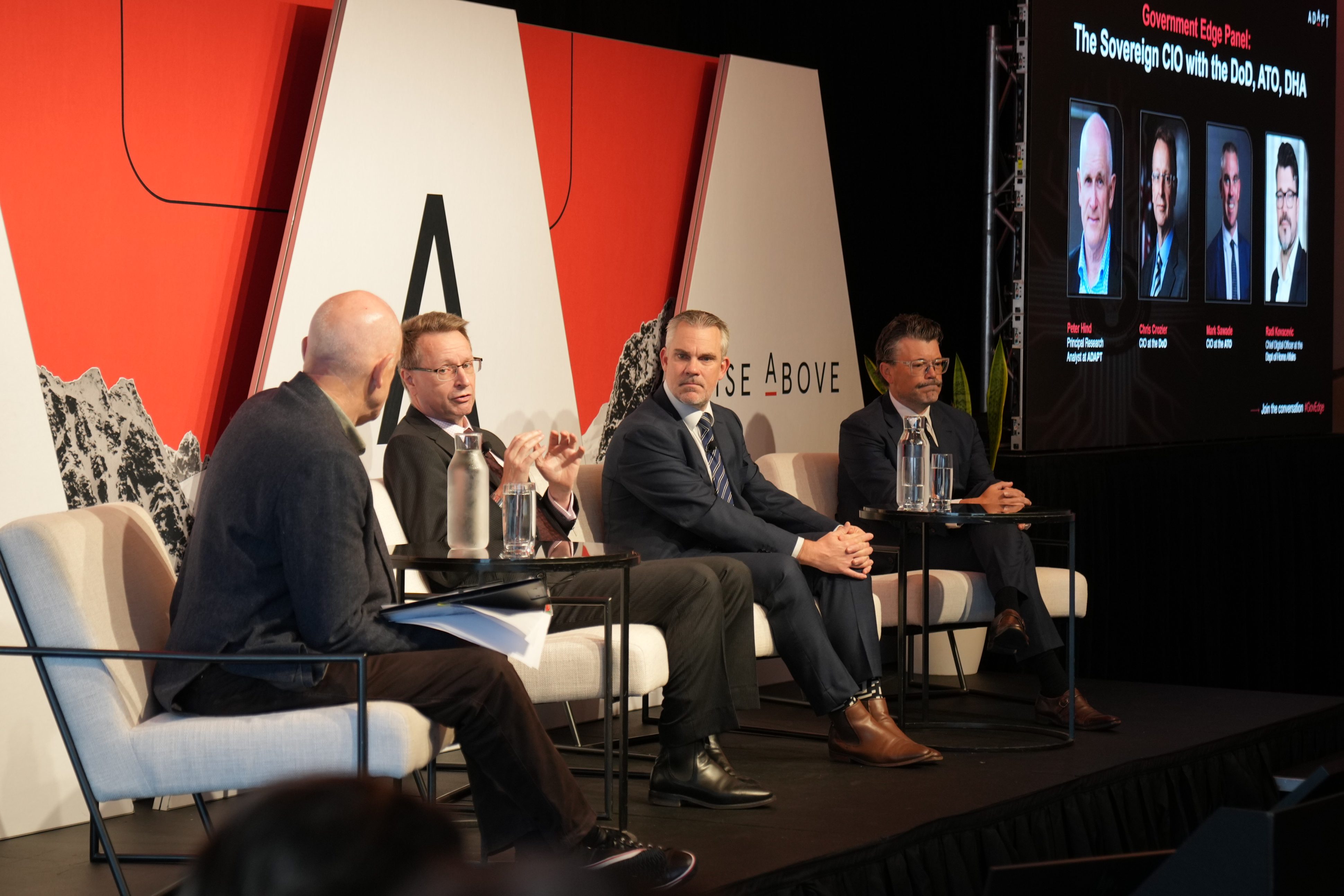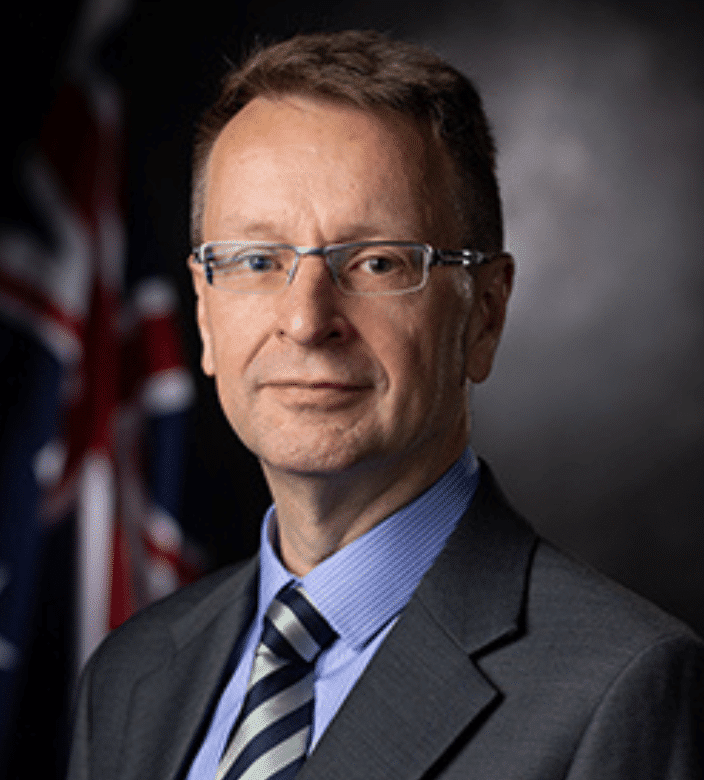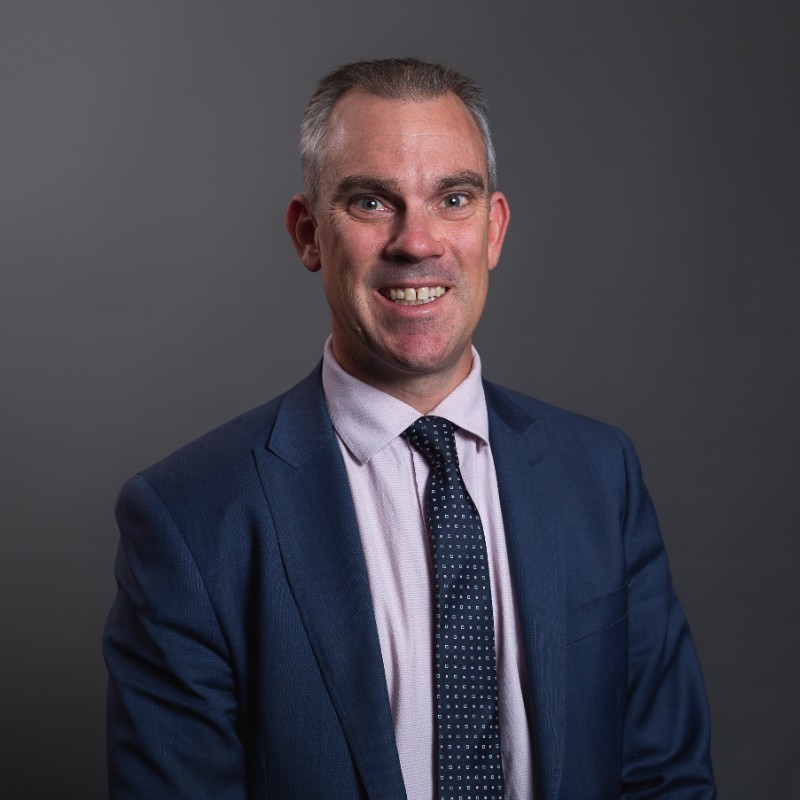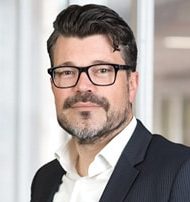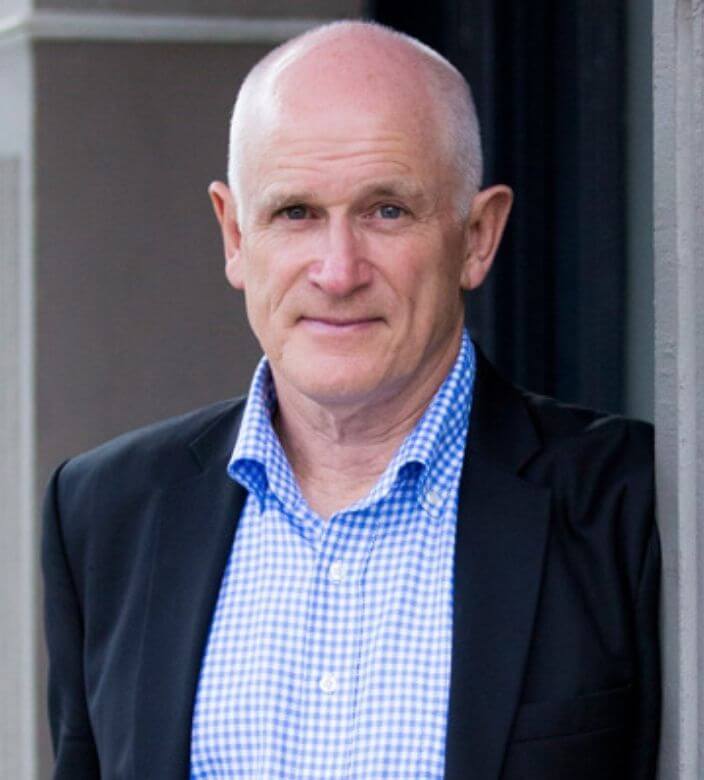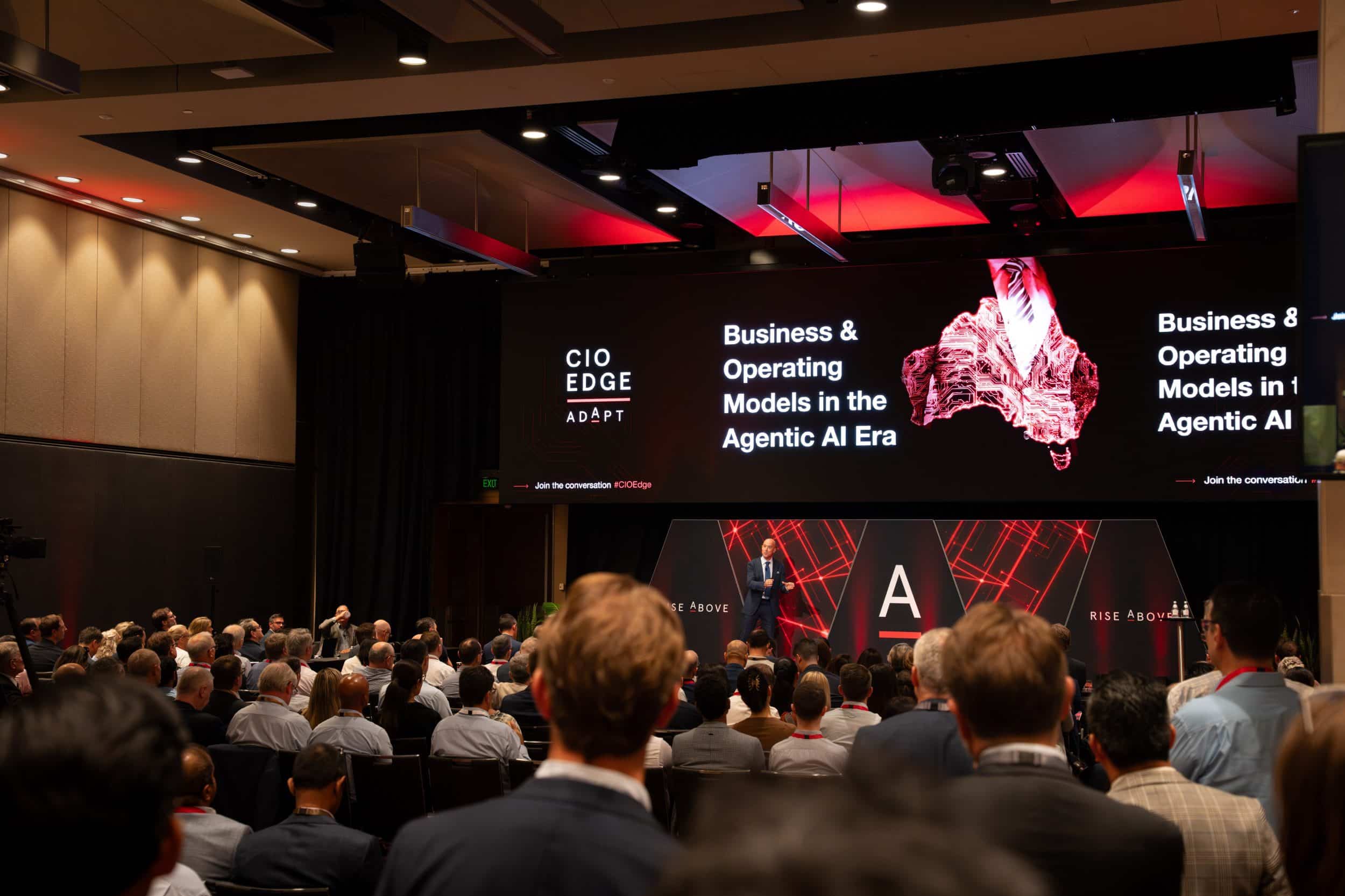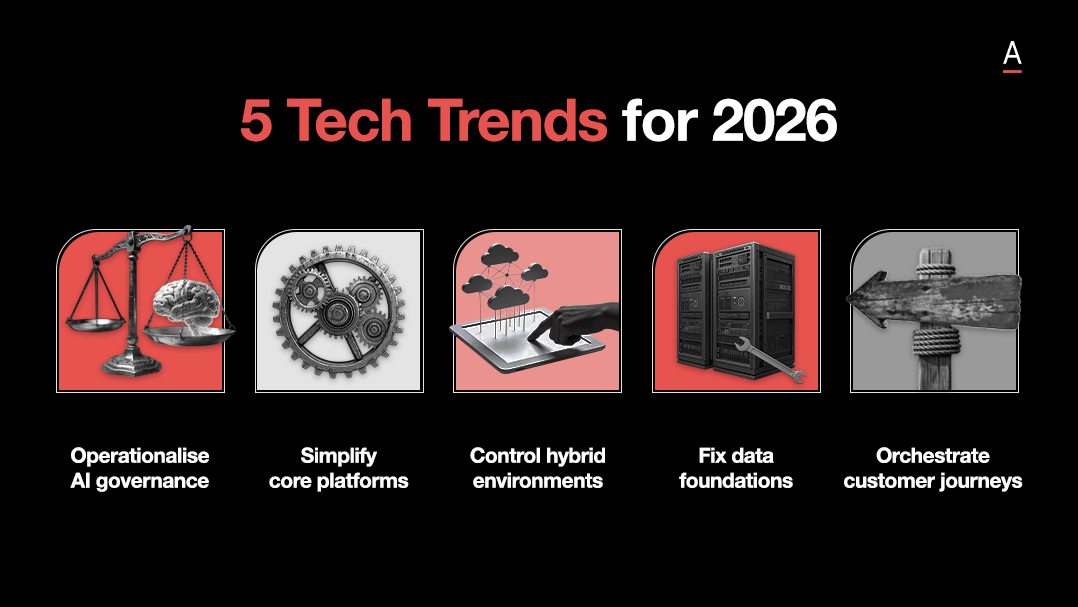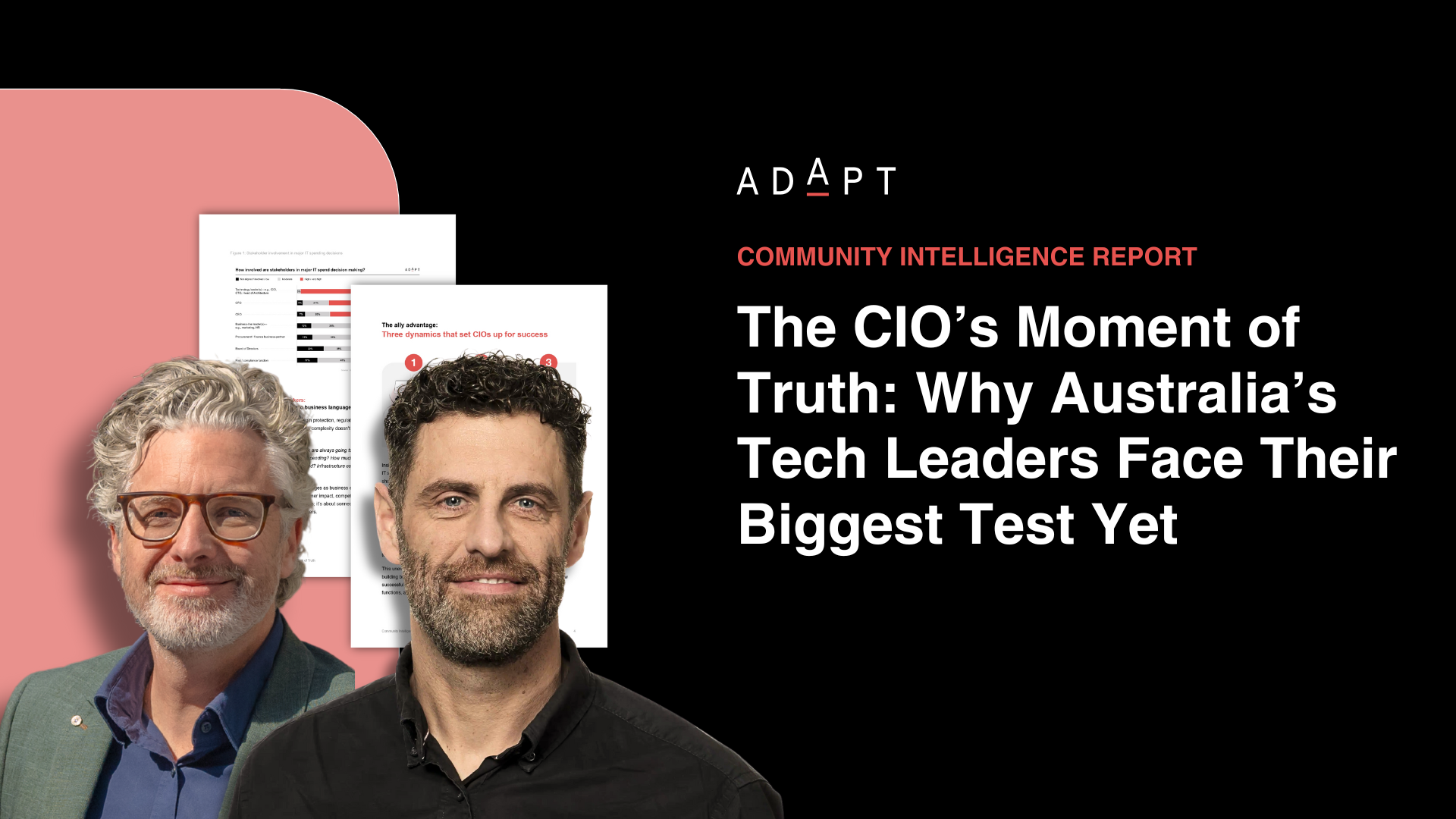In this Government Edge panel, Chris Crozier, Chief Information Officer and Deputy Secretary at Defence Digital Group, Mark Sawade, Chief Information Officer at the Australian Taxation Office, and Radi Kovacevic, Chief Digital Officer at the Department of Home Affairs shared how Australia’s federal technology leaders are redefining digital sovereignty for a connected world.
The conversation was framed around three lenses: technological, data, and operational sovereignty, as government leaders work to build “a future made in Australia” while contending with tight budgets, workforce shortages, and complex regulatory environments.
Chris argued that technological sovereignty is often misunderstood, noting that Australia’s strength lies not in manufacturing hardware but in leveraging global hyperscalers within sovereign frameworks.
He emphasised that systems must be managed, secured, and developed by Australians to maintain national control and resilience.
Mark agreed that sovereignty must be balanced with value for money, highlighting that global technology partnerships often deliver capabilities unavailable domestically.
Radi added that Australian firms should focus on niche value, rather than “me-too” offerings, to remain competitive partners for government.
The panel also explored the complexities of data and AI sovereignty.
Radi raised concerns about reconciling Australia’s strict data residency rules with the reality that most large-scale AI models are developed offshore.
Mark called for pragmatism and policy flexibility, arguing that absolute restrictions could hinder innovation.
From Defence’s perspective, Chris took a firmer view: any data leakage to offshore AI systems poses a national security threat.
He referenced Ukraine’s wartime shift to hyperscalers as a powerful lesson in agility, describing how Defence now uses distributed, containerised data across multiple cloud providers to strengthen resilience.
All three leaders agreed that people are central to sovereignty.
Agencies are moving away from contractor-heavy models towards security-cleared Australian Public Service workforces that preserve institutional knowledge and accountability.
Chris shared that Defence has increased APS staff from 20% to over 60% to build long-term capability and decision-making strength.
Mark and Radi noted that remote and regional work models are expanding access to talent and improving retention nationwide.
They also emphasised the value of cross-agency collaboration and public–private partnerships, including Defence’s technology incubator program, to grow sovereign capability and accelerate innovation.
Ultimately, the panel concluded that true sovereignty is not about isolation but about balance, combining global best practice with local stewardship, strong security, and shared innovation across government and industry.
Key takeaways:
- Sovereignty is about balance, not isolation: Leveraging global partnerships while keeping control of systems, data, and decisions within Australia.
- Data and AI sovereignty require pragmatism: Agencies must manage risk while embracing innovation through evolving policy frameworks.
- People power sovereign capability: Building a skilled, security-cleared public workforce and deepening collaboration across sectors ensures resilience and innovation.





















